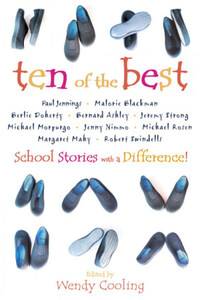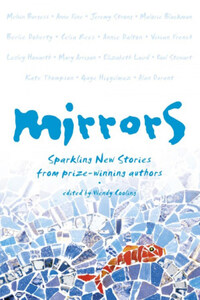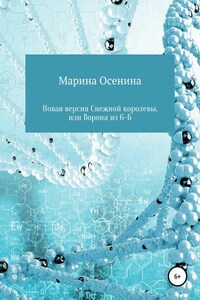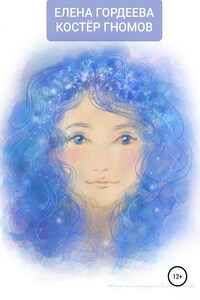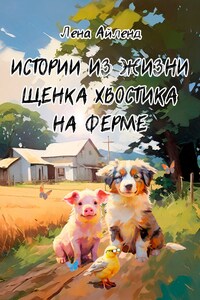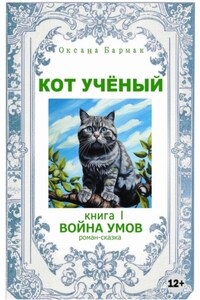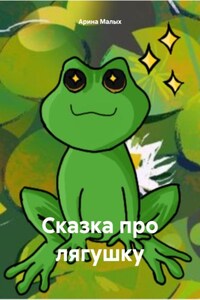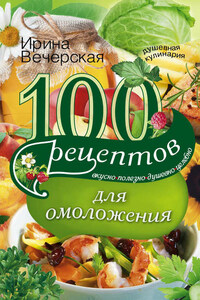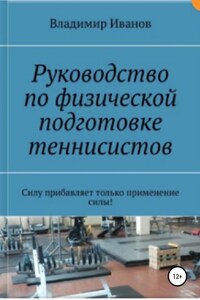There are two worlds, aren’t there? Look through the window and you immediately see the everyday world of families, of pets, gardens, lawns and gates. Roads and footpaths run past those everyday gates tying family homes to parks and shops and schools. That is one world.
But there is that other world, too – the world of magic and amazement that swallows us when we read a story. As a child I wanted to drag stories off their pages and into the everyday world around me. And I didn’t just want to live in the story. I wanted to become the story – to be the story’s hero. Being the hero worked quite well as long as I was playing in the yard at home. But somehow it never quite worked once I went to school, though sometimes it almost did. And everyone knows there are two school lives – the classroom life and the playground life, both very different from one another.
I began school during the war when even little children were expected to lead an orderly classroom life – a life that was quiet and stern. Out in the playground life was just as noisy and wild as it is today, though back then boys and girls were not allowed to play together. Over in their part of the playground boys invented adventurous games – war games – racing around, holding out their arms on either side, making aeroplane noises and pretending to shoot each other down. In the girls’ part of the playground we made houses for ourselves in between the lower branches of the trees that ran along one edge of the playground. I played there with the rest of the girls, but I was always a little jealous of the boys. Their games looked so exciting. Over and over again I found myself longing to bring adventure into life around me – longing to become the magical hero of a fantasy – and suddenly, out of the blue, school offered me the chance to invent a story that was all my own. All the same, things did not turn out the way I thought they would. My story surprised me more than it surprised anyone else.
I didn’t plan my story. It began accidentally because there was going to be a fancy-dress ball at my school.
A fancy-dress ball!’ said my mother. ‘What do you want to be?’
‘I want to be a fairy,’ I cried, imagining myself as beautiful as early morning, flying on delicate pearly wings, a dress of pink foam trailing behind me. Waving a starry wand, I would amaze everyone with my spells.
‘Oh, a lot of people will go as fairies,’ my mother said. ‘Why don’t you go as a witch?’ She turned to my father. ‘In a way, she has the face for it,’ she said. It was almost as if she thought I would not be able to hear her.
A witch! My own mother, who loved me, thought I looked like a witch. I knew that I had a long face with a big chin, but I had never imagined that I might look like a witch. And yet, after all, witches were even more wild and magical than fairies. Witches were dangerous, so being a witch at the school fancy-dress ball might be a bit of an adventure. I suddenly felt I might have a lot of fun being a witch.
My father made me a pointed hat out of cardboard, rolling it, gluing it, and then painting it black. While I practised swishing a broomstick and cackling, my mother made me a black dress. I thought I was rather good at cackling, and perhaps I was. I certainly cackled as if I meant it. (I still do!)
The great night came. All the school children turned out, ready to sing and dance and to surprise each other. And my mother was right. There were lots and lots of fairies, but only one wicked witch. Me! I showed off, skidding around on the slippery floor of the local hall, waving my broomstick and cackling loudly. The fairies slid away from me. Even the cowboys and Indians looked nervous. We danced the dances we had been taught to dance at school, we ate a small supper of scones and pikelets, and then the fancy-dress ball was over. The pink fairies became ordinary little girls once more. The cowboys and Indians disappeared. The cackling witch disappeared too – well,
